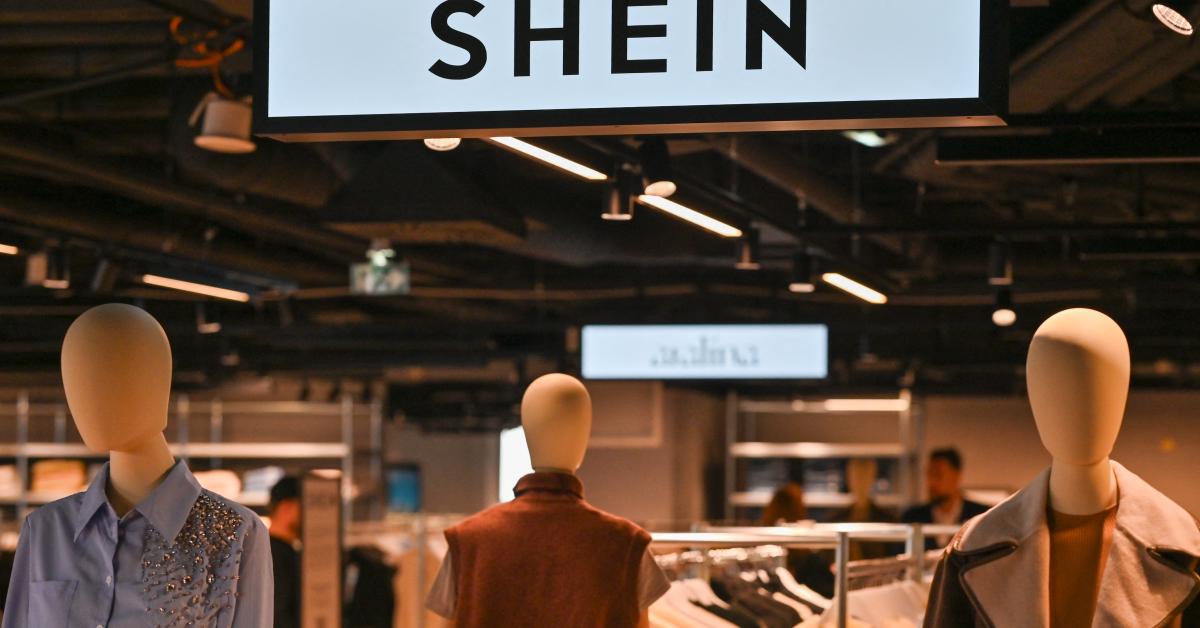US has muted response to new, controversial merchandise by China-based Shein, compared to France

France this week moved to suspend the online presence of Chinese “fast-fashion” giant Shein after it emerged the company was selling child-like sex dolls and illegal weapons.
The French move came as the company was celebrating the opening of its first permanent retail space in Paris and other countries – including the United States – have begun tightening loopholes that make it easier for Shein to sell its low-cost products globally.
The scandal in France started as Shein, which is known for ultra-cheap and ultra-fast fashion to young consumers, took a step to cement its legacy in Europe.
But instead of gaining headlines reporting on its new storefront, the company received notice from France’s Ministry of Finance that it had violated a series of laws regarding child pornography and restrictions on weapons like brass knuckles. The ministry said the company’s website risked being banned within the country.
The controversy also drew hundreds of protesters to Shein’s Paris store, where environmental activists and French fashion workers accused the Chinese brand of “killing craftsmanship” and promoting a throw-away culture.
For its part, Shein said the controversial products were being advertised by third-party sellers. The company said it sanctioned the seller and removed the questionable products.
But France said that was not enough. Officials stepped up their protest, calling on the European Union to sanction Shein. According to EU digital spokesman Thomas Regnier, the complaint is being taken seriously.
“The sale of these childlike sex dolls is extremely concerning,” Regnier said. “We do not want to see these products being offered to European citizens.”
Regnier said it was investigating the company to determine whether the issues were “systemic.” If they are, he said, “the European commission will not hesitate to take action.”
The case, which is ongoing, is a test of the European Union’s new Digital Services Act, which says that major online platforms are responsible for policing illegal content.
The controversies shed light on a broader European backlash against Shein’s business model, which is built on a vast selection, rapid production, and low prices. Critics of the company said it floods markets with cheap disposable clothing produced with low environmental standards and questionable labor practices.
It was not the first clash between France and the Chinese retailer. In July, France’s antitrust watchdog fined the company $45 million for misleading discount policies and claims about environmental sustainability.
Amid the developments in Europe, the U.S. has been tightening customs rules that once allowed Shein and other companies to ship low-value packages without paying tariffs. The so-called “de minimis” loophole – the phrase, which means “too small to matter,” referred to duty-free trade with minimal customs screening – has now been curtailed. It once gave retailers like Shein big cost advantages over domestic rivals.
U.S. retailers have long complained that the import rules gave foreign competitors an unfair advantage.
Earlier this month, President Donald Trump announced a wide-ranging trade deal with Chinese President Xi Jinping. But that agreement does not impact the tightened “de minimis” loophole.
One possible explanation for the lack of outrage like that in France is that Shein has opened several popup stores in the U.S., including ones in Dallas and New York, but no flagship-style one like that in France.